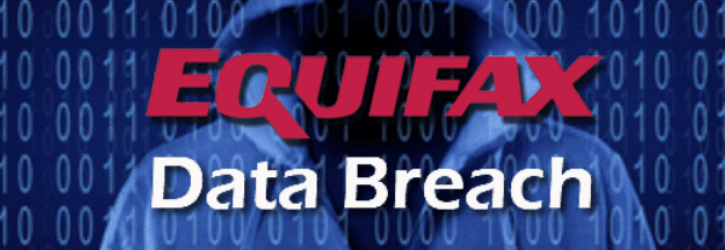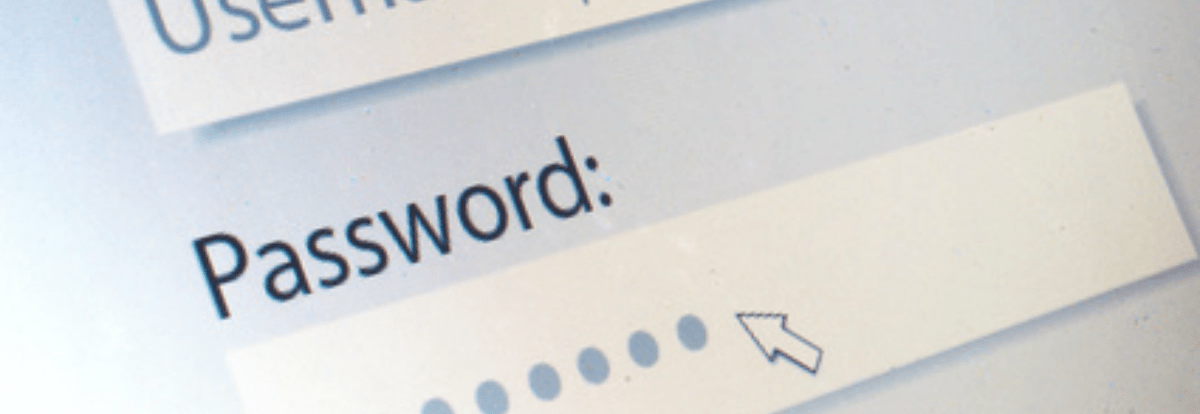Welcome To The Data Leak Lawyers Blog
We focus on the latest news surrounding data breaches, leaks and hacks plus daily internet security articles.
We focus on the latest news surrounding data breaches, leaks and hacks plus daily internet security articles.

Scams and fraud from data breaches and data leaks are common. In fact, scams and fraud are common anyway, with more than 10,000 cases reported last year, which was a five percent rise on the previous year.
It can be so easy for people to fall victim to scams and fraud that stem from data breaches, so the big question is how people can protect themselves, and what the organisations who hold our money – and data – can do to protect us as well. The burden of responsibility is a two-way street, and there is plenty that banks and organisations can do to better protect us.
read more

“Is an organisation responsible for an employee data breach?”
This question is rarely asked when people contact us for help and advice about a data protection compensation claim, but it can be a key one. Many people often assume that the organisation – i.e. the person’s employer – must be responsible; but that’s not always the case.
Data breach incidents are assessed on a case-by-case basis, but there can be scenarios where an employee’s data breach can leave the employer vicariously liable, meaning the organisation they work for is who you pursue. In fact, a recent landmark case has potentially made it easier to do this as well.
read more

Are victims of the Equifax data breach being looked after properly? Some data suggests they’re not, and with an estimated 700,000 UK victims of the breach, Equifax must do as much as they can to ensure they look after the victims.
We are representing a large group of individuals who were affected by the breach, so if you are looking for advice about making a claim, we can help.
With personal and sensitive data compromised in a data breach, it’s imperative that victims are properly looked after by the organisation responsible for the breach. Are Equifax doing enough in this case?
read more

Last year’s WannaCry attack was a lucky escape, and the government is quite rightfully being urged to learn lessons from the encounter. We are almost a year on from the day that saw around one-third of all NHS Trusts in England disrupted by the malware attack that specifically targeted older (and therefore weaker) systems and servers.
The attack saw hundreds of other NHS organisations – including almost 600 GPs – infected during the attack, and some 20,000 hospital appointments and operations were cancelled.
Ultimately, the WannaCry attack was simple malware that still managed to cripple the NHS. It was a lucky escape, and future attacks involving medical data could be far, far worse.
read more

YouTube has been accused of illegally collecting children’s data by Consumer Rights groups who have filed a legal complaint against them.
The Google-owned video and music platform is supposed to be for persons aged 13 and older, yet studies indicate that it’s most popular with children aged between 8 and 12.
According to the concerns raised and the complaints filed, YouTube is illegally collecting the data without parental consent, and they know that they’re doing it; raising fear that they’re in breach of data protection legislation.
read more

The Uber data breach was a clear lesson in how NOT to handle a cyberattack. When the hackers contacted Uber by email, back in November 2016, they demanded a six-figure sum in order to destroy the wealth of data they’d stolen so news of the breach would quietly fade away once the bribe had been paid.
As opposed to dealing with the data breach in the appropriate way, Uber decided to pay-off the hackers and cover the breach up. A payment of $100,000 was reportedly made to the two hackers, and employees responsible for the security issue passed the whole thing off as a “bug bounty” program, which is where hackers are offered money to try and find weaknesses.
In reality, they were simply hacked, and Uber have not only paid the heavy price of the bribe, but also the cost of a handling the crisis thereafter.
read more

The Royal Borough of Kensington and Chelsea council has been fined £120,000 for an indeliberate data breach because the personal details of empty property owners in their constituency was published, contrary to data protection laws.
The Information Commissioner’s Office (ICO) has called it a “serious contravention” which has led to the huge fine being issued of £120,000.
According to the ICO reports, a Freedom of Information (FOI) request had been made in relation to the Grenfell Tower incident as part of research into social inequality, and it was this request that led to the accidental disclosure.
read more

A data breach at the University of Surrey Sports Park has hit 90,000 people after a password was published online by a software supplier in what is being classed as an “employee error”.
The University has reportedly contacted members, staff and students to inform them of the data security issue, where details like birth dates, bank details, health information and contact particulars was at risk of exposure due to the publication of the password. A “sincere apology” has been issued, and victims of the breach are being asked to remain vigilant.
read more

Telecoms giant TalkTalk have been accused of continuing to neglect cybersecurity after a hacker contacted Sky news and reported website security flaws that had been left unfixed for years.
The news comes as little surprise to us as we continue to represent victims for previous TalkTalk cyber-hacks that were, in our view, entirely preventable.
According to the media reports from the end of March, the hacker found a simple scripting error that allowed him to take control of a TalkTalk.co.uk URL, and use it to trick customers that they were visiting a genuine TalkTalk website.
read more

A number of victims of the Equifax data breach have been receiving letters containing incorrect personal data, according to media reports; further exacerbating the massive data breach that has affected some 700,000 people in the UK alone.
According to Equifax, determining the best addresses for some victims had been “complex” and had resulted in letters being sent out that are thoughts to have contained erroneous information.
As time has passed, the Equifax data breach seems to have worsened and worsened, and this is yet another problem adding to the pile.
Fill out our quick call back form below and we'll contact you when you're ready to talk to us.